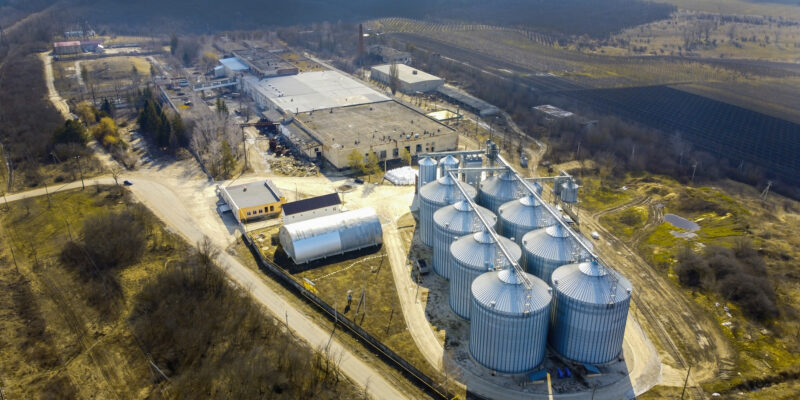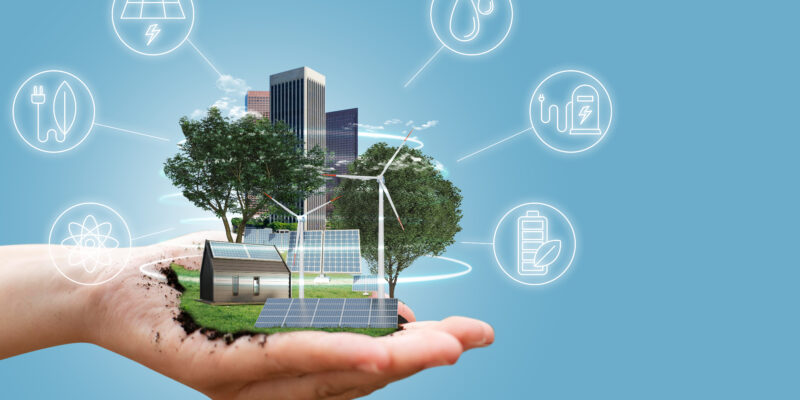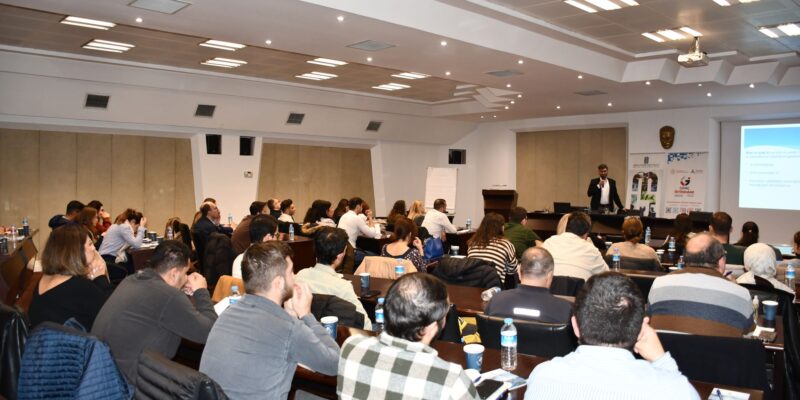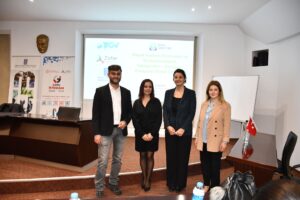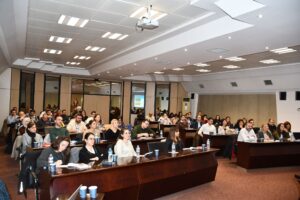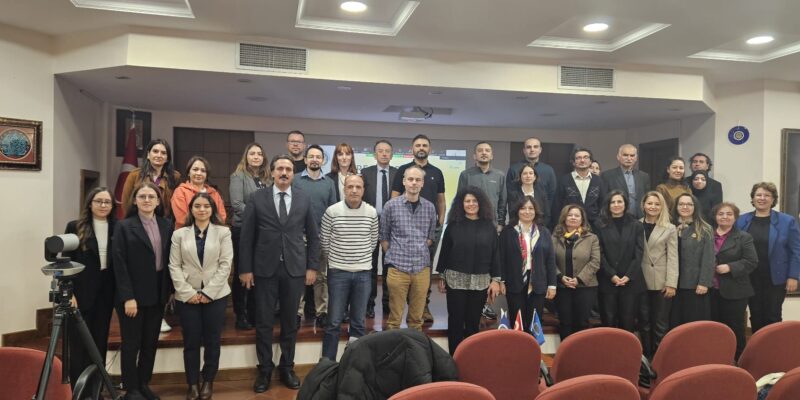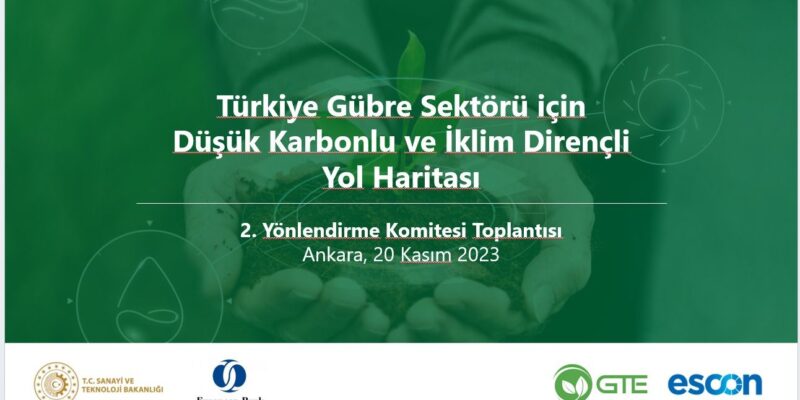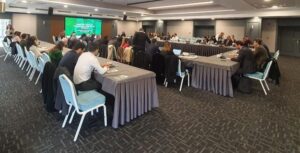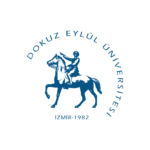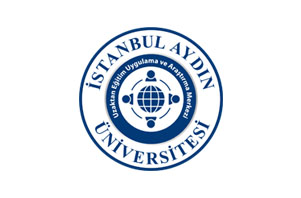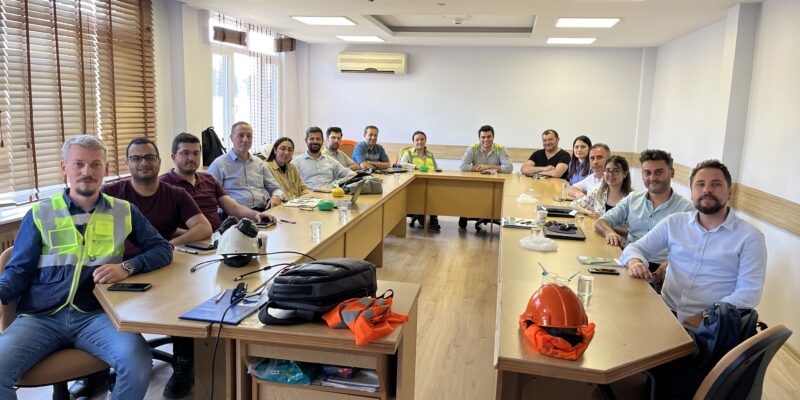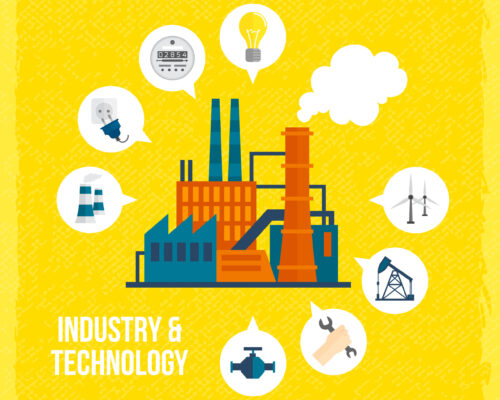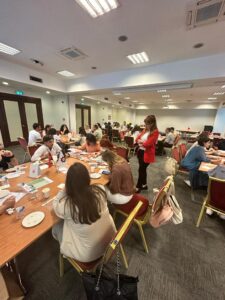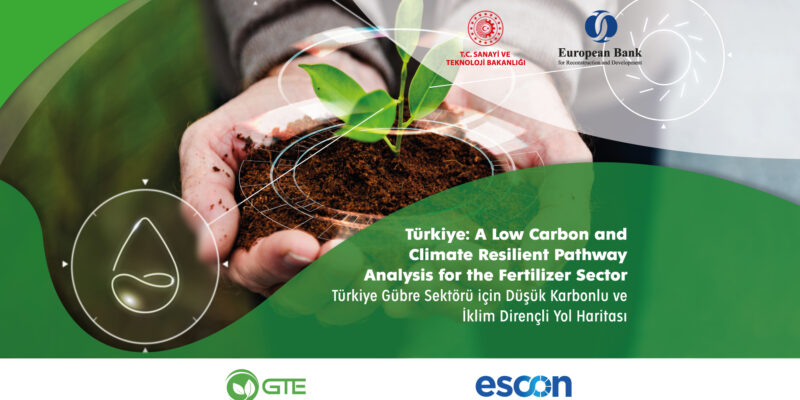For the emission reduction projects listed below, you can send your feedback in writing to gte@gte.com.tr and info@goldstandard.org e-mail addresses or to “M.Kemal Mah 2111 Sokak No:5 Çankaya”.
The period determined for comment submissions is 30 days.
Start date: 15/05/2024
End date: 15/06/2024
ADIYAMAN LANDFILL PLANT
Sustainable Development Evaluation Form_Adıyaman_Landfill_Plant
Sürdürülebilir Kalkınma Değerlendirme Formu_4B_Adıyaman_Biyokütle_Elektrik_Santrali
Adıyaman Landfill Plant Project-Design-Document_v.09_31.10.2023_clean_version
PANAB ÇORLU BIOGAS PLANT
GS11225_Final_PDD_846 Corlu Biogas_v06_10-10-2023
Sustainable Development Evaluation Form_Panab_Corlu_Biogas_Plant
PANAB TEKIRDAG BIOGAS PLANT
Final_PDD_847 Tekirdag Biogas_v12_23.10.2023
GS Görüş Defteri Örneği_Tekirdağ
Proje bilgi notu ve görüş formu- Panab Tekirdağ Elektrik Üretim Santrali
Tire Biogas Plant
Project-Submission-Form-V4.0-4-Tire_Biogas_Plant_01.12.2022
